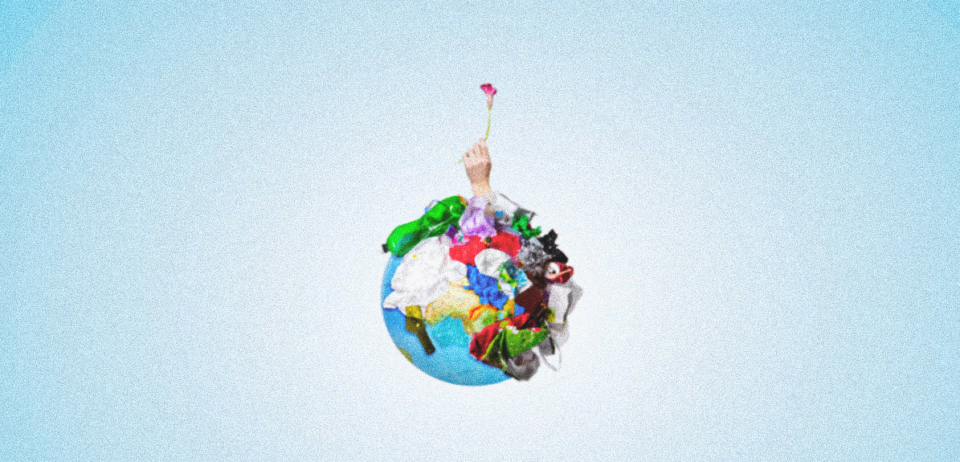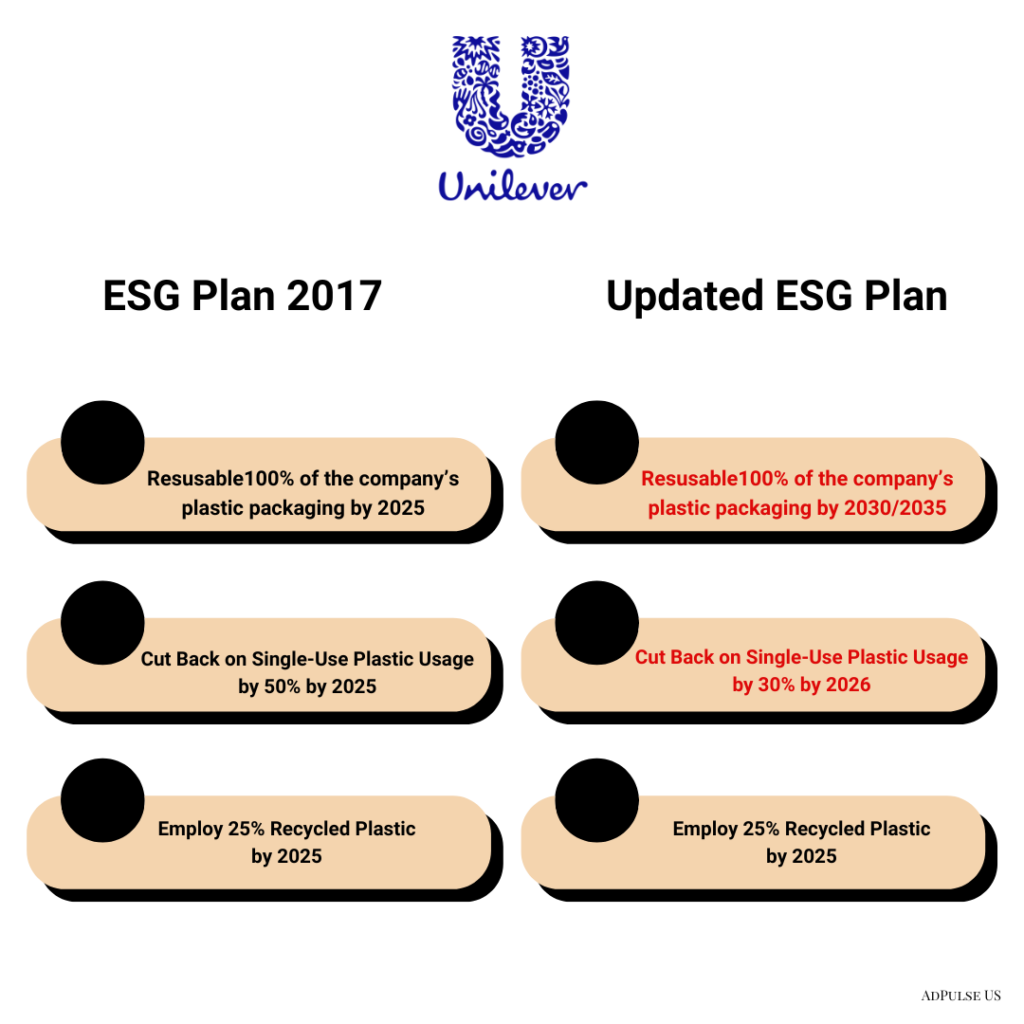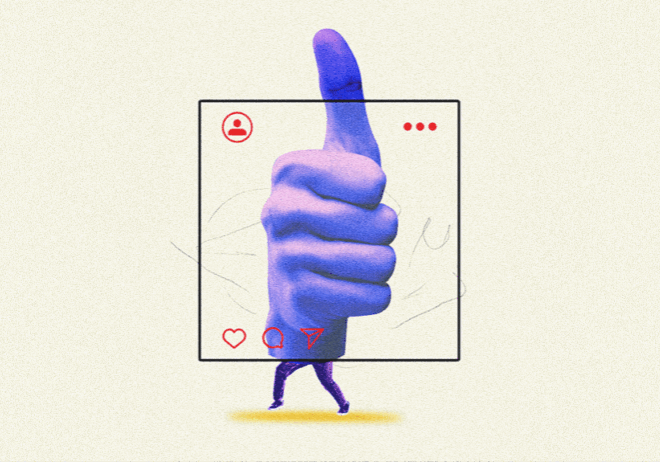
Greenpeace Dove Protest May Reveal What Goes Behind Brands’ ESG Pledges
This month, Greenpeace released a short video mirroring Dove’s famous branding videos condemning the company’s toxic influence on the environment. This was not the first time Greenpeace publicly criticized Dove and its parent company, Unilever, for their continued use of single-use plastic packaging. However, for the first time, the whole eco-debacle is going loud and dramatic with the recent Unilever-HQ blockade and protest in London.
The controversy forces us to reconsider the Environmental, Social, and Governance (ESG) commitments made by major corporations like Unilever. Over the years, these brands have made bold pledges to reduce their environmental footprint, but inconsistencies between their promises and actions are becoming more apparent. Let’s peel back the layers and examine the reality behind the sustainability claims of Unilever, Dove, and other big corporations.
Greenpeace Video Reveals a “Dead Dove” Moment for Dove and Unilever
Yes, you read that right—a literal dead dove makes a grim appearance in the latest Greenpeace video. The environmental watchdog directly aimed at Dove and Unilever in a biting, documentary-style mock ad that’s about as far from Dove’s feel-good branding as you can imagine.
Directed by BAFTA-nominated filmmaker Alice Russell and produced by Anna Wells (Greenpeace), the video mimics Dove’s signature Ogilvy-style campaign format, featuring heartfelt discussions between mothers and daughters about the brand’s positive influence. But just as everyone feels warm and fuzzy, the mood shifts dramatically as they’re hit with some harsh truths—namely, Dove’s excessive use of single-use plastics and the following environmental damage.
To make matters worse (or better, depending on how you see it), Greenpeace doesn’t hold back on shock value. It’s a significant blow to the brand, especially after Unilever’s Cannes 2024 success, where Dove was praised for its inclusivity and body positivity campaigns.
Sure, Dove deserves credit for its positive work—but behind the scenes? A hidden truth lurks under all that shiny marketing, and Greenpeace just cracked it wide open.
Unilever is not taking ESG plans seriously, and the company’s updated stats and pledges are proof
Despite climate activists’ blockades and protests at Unilever’s UK headquarters, the company’s top executives have remained silent on the controversy surrounding their plastic usage. One can only speculate why, but it likely concerns Unilever’s ongoing struggle with its Environmental, Social, and Governance (ESG) plans.

Let’s rewind to 2017 when the company vowed to cut back its use of single-use plastic packaging by 50% by 2025. Fast forward to 2023; they’ve only managed an 18% reduction. Fell short? Absolutely. Pablo Costa, Unilever’s global head of packaging, openly admitted in an April 30 statement that the company “fell short against some of our most ambitious goals.”
Then, there’s the recyclable packaging dilemma. Unilever reported that in 2023, only 53% of its packaging was reusable, recyclable, or compostable—nowhere near the 100% target it set for itself. And, in true corporate fashion, they’ve moved the goalposts once again.
Costa’s new plan is what he calls “stretched but more realistic.” Instead of cutting virgin plastic use by 50% by 2025, Unilever now aims for a 30% reduction by 2026 and a 40% reduction by 2028, still using 2019 as a baseline. They’re focusing on increasing recycled plastic usage, lightening packaging, and scaling alternatives to hit these targets.
It’s a far cry from the bold promises made just a few years ago, but with each update, Unilever seems to be trying to balance consumer trust and business reality. However, how long can they keep this juggling act going with Greenpeace and other activist groups turning up the heat?
Major corporations only care for the consumers’ benefits only if it means more profit for their businesses
It’s true—businesses are in it for the profits, but at what cost? Health and the environment seem to be paying the price, and the recent spotlight on Unilever and Dove’s relentless plastic use and unsustainable packaging has reignited the conversation about how seriously (or not) big brands take their ESG (Environmental, Social, and Governance) promises.
But Unilever isn’t alone in this plastic-filled parade. Nestlé, for example, showed its true colors in March 2024 when shareholders rejected a proposal to reduce the excessive sugar, salt, and unhealthy fats in its products. Health isn’t on the menu when profit margins are at stake.
Let’s not forget Coca-Cola—Greenpeace’s favorite target. In 2022, for the fifth year running, the Break Free From Plastic movement crowned Coca-Cola, the world’s top plastic polluter. It’s almost like they’re collecting titles—just not the ones they should be proud of.
So, when it comes to these global giants, the question lingers: is their sustainability talk just that—talk? The planet and our health might be unable to wait and find out.
While activists are protesting the crisis, we should also note how marketing will regroup and act on behalf of the brand.
While activists rally against the crisis, it’s equally important to consider how Dove and Unilever’s marketing teams will regroup to steer the brand through this storm.
Dove has crafted an image of warmth, inclusivity, and empowerment for two decades. But behind that feel-good branding, the harsh reality of single-use plastics has been dragged into the spotlight. While the brand’s enigma won’t crumble overnight, even a tiny crack in a ship can have significant consequences.
Unilever and Dove have been silent so far—no PR statements, no comments. But make no mistake, the marketing wheels are turning, likely plotting a strategic response. How they’ll pull it off? We don’t know. But knowing the slick nature of brand protection, you can bet a carefully crafted narrative will soon be on the way. Protecting that glowing brand image is the number one priority in their playbook.
It’s just a matter of time before we see how Dove’s marketing magic unfolds.
Cut to the chase
Greenpeace just dropped a truth bomb on Dove, calling out the brand for its heavy plastic use and pollution, especially in third-world countries. And yet, both Dove and its parent company, Unilever, have remained eerily silent. This silence, combined with shifting ESG plans, leaves many wondering what’s truly going on.


